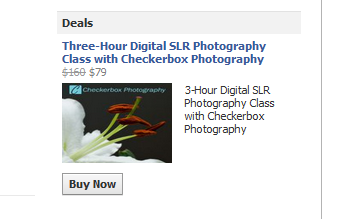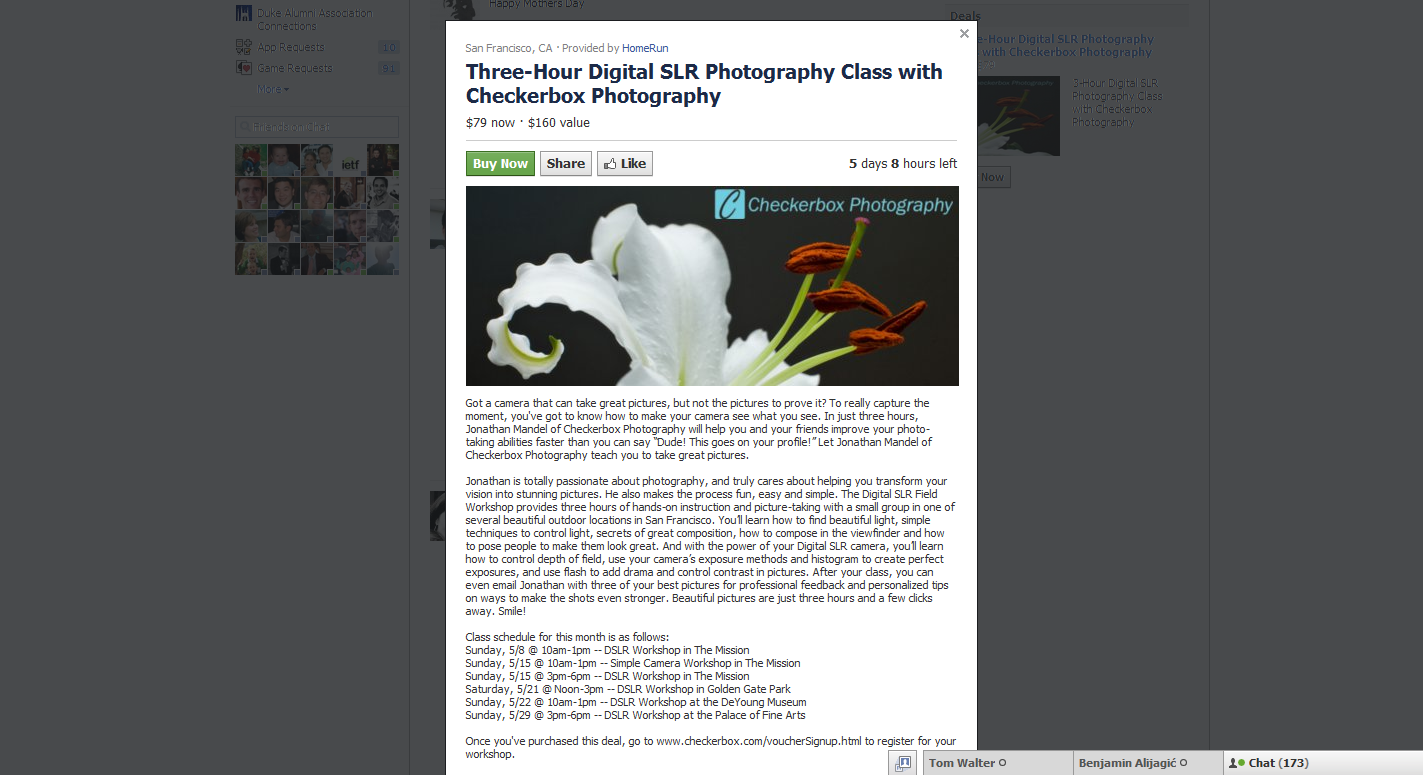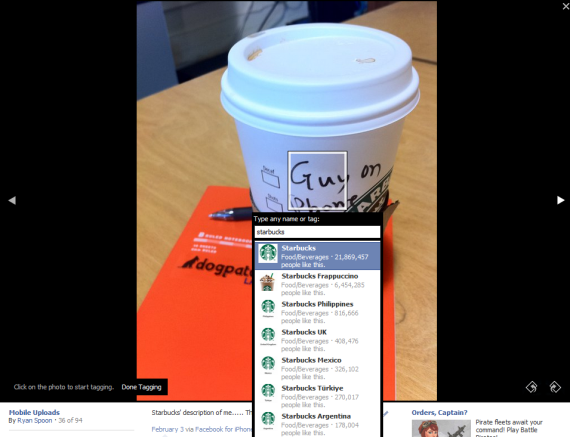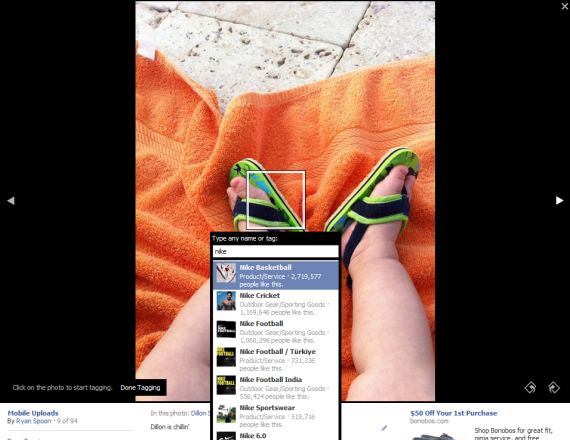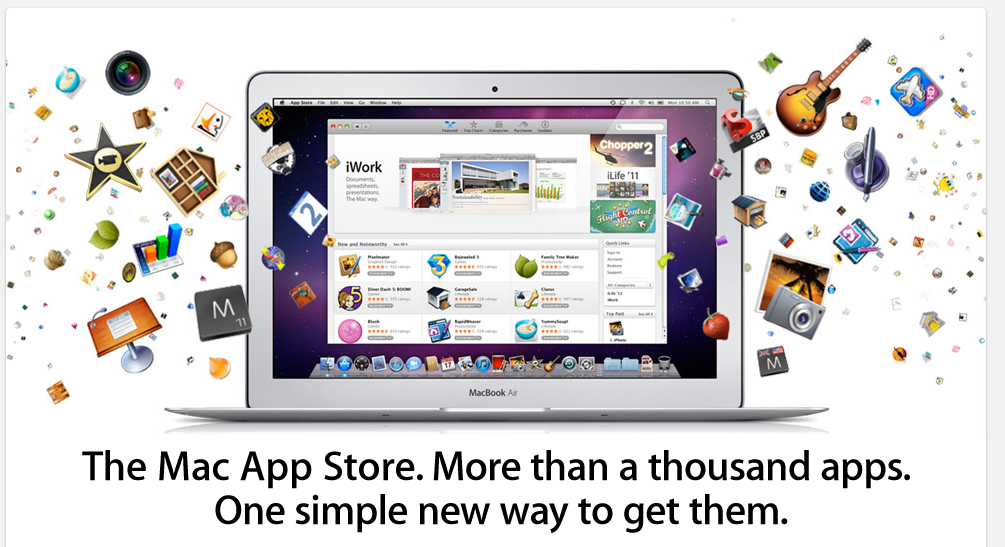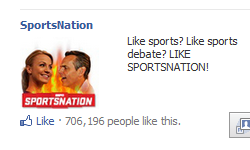I spend a lot of time talking about effective advertising and funnel optimization. Obviously, advertising often represents the top of the funnel (user acquisition) for many companies / campaigns. It is always worth watching respected brands' online campaigns because they usually undergo rigorous optimization testing and analytics. That is why I often point to ShoeDazzle, Groupon, LivingSocial, Amazon, etc - excellent, analytical marketers. And here is an example from Google that I think is well done and worth learning from.
The ad unit is simple. Bright color. Clear message. And most importantly, a reward / incentive: $75.00 credit:

Once the creative drives a click, the action is filling out a form (aka driving a lead)... and obviously the page's efficiency (call to action, form completion, lead collection, etc) is critical to making the campaign ROI effective. This what Google does well:
- Super simple, clean landing page
- Key action items and messaging: "Request a free trial" is both the message and the action button
- Only four fields are needed to get moving: name, email, URL and Country
- Two ways to get set up: Request via form or vial phone
- A big reminder of your $75 credit
- And crisp, clean language about why Google advertising works - with a < 2 minute YouTube tutorial


